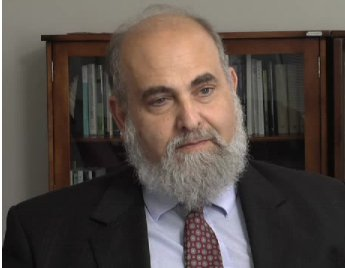How Can Jamaica Free Itself from Gang Politics?
+ Brandon Fuller
The Jamaican government, led by Prime Minister Bruce Golding, recently announced that it would extradite Christopher Dudus Coke to the United States on charges of trafficking drugs and guns. Shortly after the announcement, violent clashes broke out between the Jamaican security forces attempting to apprehend Coke and the armed gangs in his stronghold of Tivoli Gardens in west Kingston. As of May 26, The New York Times reported a death toll of 44 in the clash.
The current violence in Jamaica reflects a much deeper problem. For decades, the two major political parties, Mr. Golding’s Jamaican Labor Party (JLP) and the People’s National Party (PNP), have been politically aligned with various gang leaders in a handful of Jamaica’s poorest communities. According to a report commissioned by the Jamaican government, the gang leaders deliver votes in the constituencies they control. In exchange, some of the politicians who reap the electoral rewards deliver government benefits and turn a virtually blind-eye to the criminal activity of the gangs. Together with the fear of violence, the fact that Tivoli Gardens is a key constituency for Mr. Golding may help to explain why his government dragged its feet on an extradition request issued in August of 2009.
Breaking the cycle of interdependence between gangs and politicians in Jamaica is key to establishing security on the island. Security is the starting point for any attempt to achieve sustained economic growth and development in Jamaica. The current standoff may help to break ties between the government and the gangs, but the crisis presents an opportunity to go even further. In January, Paul suggested extending the vote to the Jamaican diaspora as a way to weaken the political influence of the criminal bosses that run the garrison communities. You can read Paul’s blog post here. The post points out that the use of intimidation and violence by the gangs effectively predetermines election results in Jamaica’s poorest communities. In this environment, an exclusive reliance on local democracy is clearly not the best way to obtain accountable political leadership.

